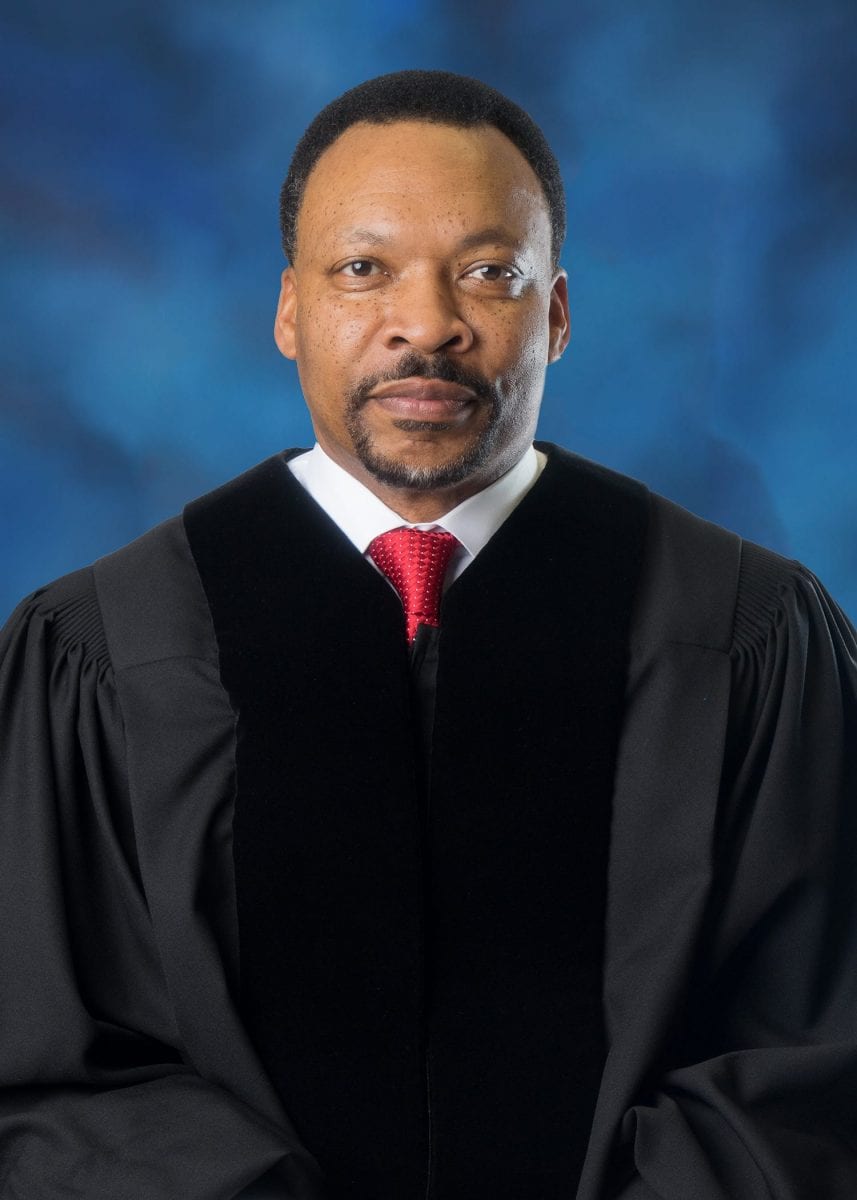
Rockdale County Probate Judge Clarence Cuthpert, Jr.
June is Elder Abuse Awareness Month, and June 15, 2017 has been labeled World Elder Abuse Awareness Day. Because elder abuse occurs in neighborhoods around the world, regardless of race, ethnicity, social or financial status, it is important to know how to identify warning signs, respond, and protect our elders.
Elder abuse is an intentional act, or failure to act by a caregiver or another person in a relationship involving an expectation of trust that causes or creates a risk of harm to someone 65 years or older. Forms of elder abuse include:
- Physical abuse (the intentional use of physical force that results in illness, bodily injury, physical pain, impairment, distress, or death)
- Sexual Abuse (forced or unwanted sexual interaction of any kind with an older adult)
- Emotional or psychological Abuse (verbal or nonverbal behavior that results in the infliction of anguish, mental pain, fear, or distress)
- Neglect (failure by a caregiver or other responsible person to protect an elderly person from harm, or the failure to meet essential needs)
- Financial abuse or exploitation (illegal, unauthorized, or improper use of an older person’s resources by a caregiver or other person in a trusting relationship),
Predatory individuals seek out vulnerable elders with the intent of exploiting them, take advantage of elders that are isolated and live alone, target recently widowed individuals or seek employment to gain access to an elder’s funds. Business professionals also take advantage of elders by overcharging for services, use deceptive or unfair business practices, and use their positions to gain trust from the vulnerable elder. Unfortunately, even family members are often the perpetrators or conspirators in the schemes to take advantage of their elder relatives.
Perpetrators find elders to be attractive targets for financial fraud and identity theft because they are likely to have physical or mental disabilities that make them dependent on others for help. Severely impaired individuals are also less likely to take action against their abusers because health issues such as immobility or the inability to communicate make it impossible. Technology advances also have made managing finances more difficult for elders as some are uneducated about their financial matters.
If you are an elder who is being abused, neglected or exploited, tell at least one person. Tell your doctor, a friend, or a family member that you trust.
If you suspect elder abuse, do not assume that someone else will take care of it or that the person being abused is capable of getting help. Many seniors do not report the abuse they face for fear of retaliation from the abuser. Others believe that if they expose their abusers, no one else will take care of them. When the caregivers are their children, elders may be ashamed that their children are behaving abusively or blame themselves. In many cases, they just may not want their children or loved ones to be prosecuted. Nevertheless, regardless of the relationship or position of trust held by the perpetrator, the despicable acts classified as elder abuse should never go undetected or unpunished. Early detection and intervention could save an elder person’s life. Failure to act could result in their untimely death.


![Validate my RSS feed [Valid RSS]](https://web.archive.org/web/20240108205913im_/https://ocgnews.com/wp-content/uploads/2022/07/valid-rss-rogers.png)


